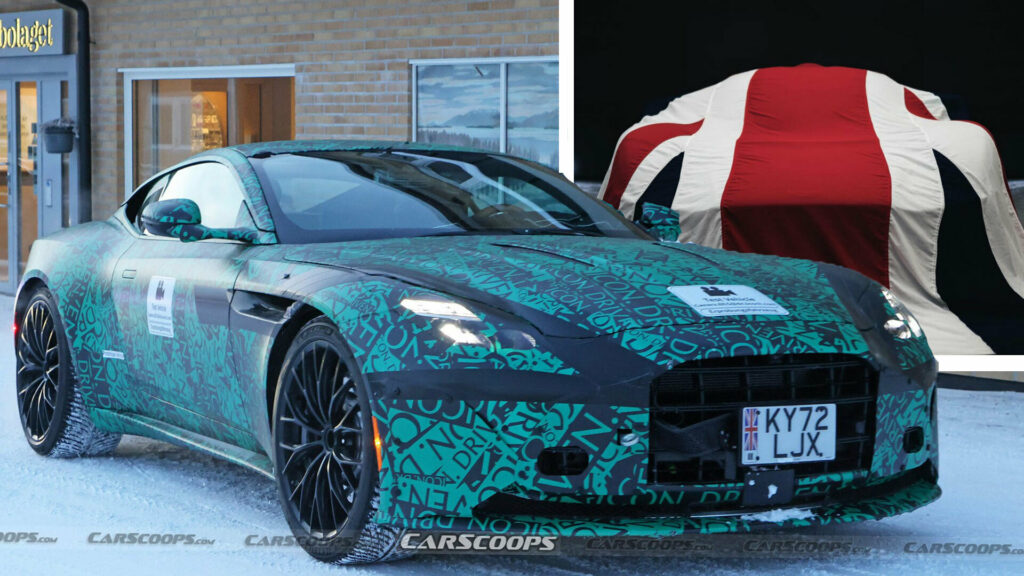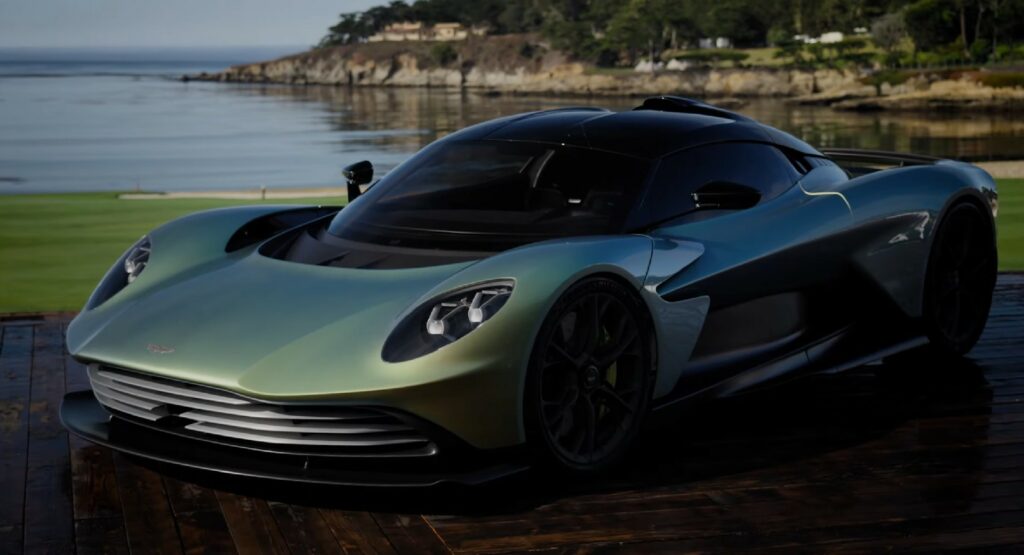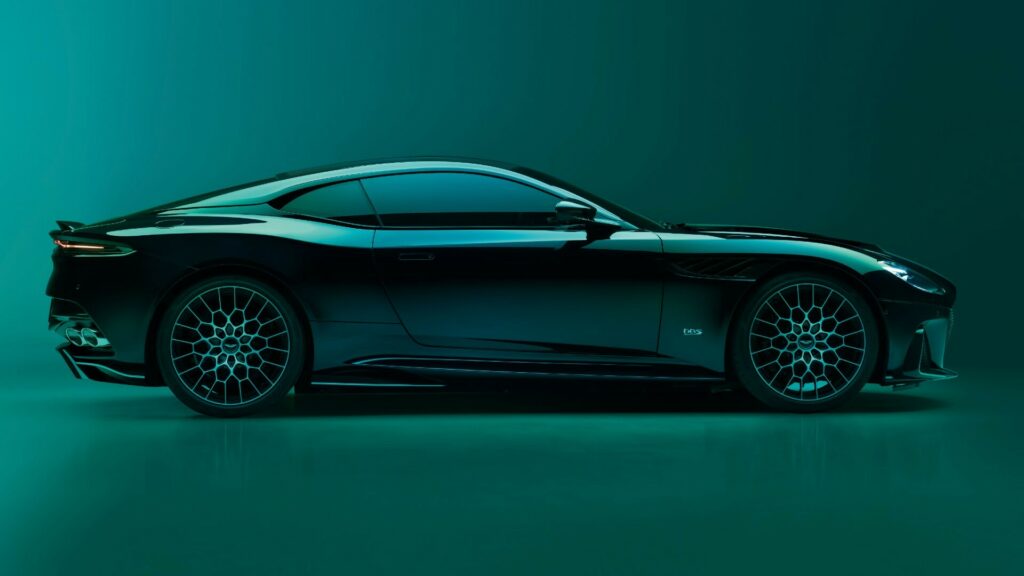Aston Martin fans should be excited about the future of the brand, as company boss Lawrence Stroll confirmed 8 new sportscar launches within the next 24 months. The roll-out will start with the new DB12 which has already been teased as the successor to the DB11.
As reported by Autocar, Stroll made the announcement during the “Future of the Car” summit held by the Financial Times. More specifically, he said: “It feels like watching paint dry or grass grow, but after three years we’ve got our next generation of sports cars and will launch eight in the next 24 months. We will bring in new technology, have the performance from our F1 team integrated into the business, and continue offering great luxury”.
Read: Aston Martin Says A Renewed Sports Car Range Is Just Around The Corner

The Aston Martin DB12 is expected to debut later this month, with the first deliveries scheduled for the third quarter of 2023. The grand tourer that has been spied several times will be followed by the replacement for the mechanically-related DBS, as the current generation bows out with the limited-production 770 Ultimate series. Furthermore, the British automaker is working on the successor of the Vantage as an entry-level offering. All three of the front-engined sportscar lines (Vantage / DB12 / DBS) will most likely be available in both coupe and volante bodystyles. Add a few different powertrain variants and you’ll get the eight sportscars promised by the company boss within the next two years.
As for the mid-engined supercar offerings, the Valkyrie flagship will soon be joined by the plug-in hybrid Valhalla which will benefit from F1-derived tech. Stroll also spoke about a mysterious model that will be positioned in a new segment: “We’ve created a new sector above GT. A true high level of luxury with a high level of performance. Something new”.
Finally, Aston Martin is working on its first series-production EV that will arrive in 2025. Luckily, the automaker will reveal more details about it on June 27, during the capital markets day. Stroll said that they hired “several hundred people” for the development of the EV, allowing the majority of the software components to be done in-house.





